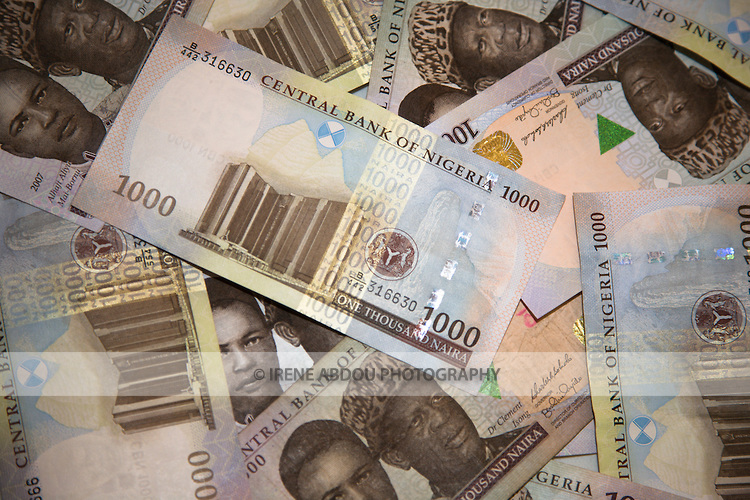- FG to Raise $2.8bn From Abroad – DMO
The Federal Government plans to raise $2.8bn of debt offshore as part of its 2018 budget and will explore all options to lower costs, the Director-General, Debt Management Office, Patience Oniha, has told Reuters.
The government has laid out plans to borrow abroad even though interest rates are rising in the United States, which could see Nigeria pay a higher premium on this occasion compared with its most recent debt sale in February.
Nigeria, which left recession last year, approved a three-year plan in 2016 to borrow more from abroad so that 40 per cent of its loans would come from offshore in an attempt to lower borrowing costs.
It now has around 23 per cent of its debt from abroad, up from 16 per cent when it approved the plan.
The debt office has sent a request for a proposal to banks for an international bond offering, the IFR reported, citing sources.
“We will explore all options keeping in mind our twin objectives of extending the tenor of the debt stock and lowering costs,” Oniha told Reuters, without giving details.
The National Assembly needs to approve the new borrowing.
Oniha in January said the DMO could tap capital markets or concessionary loans from the World Bank and would consider funding options after the 2018 budget had been approved.
President Muhammadu Buhari had on June 20 signed a record N9.12tn budget for 2018 into law, aimed at fostering growth before elections next February, in which he will seek a second term.
Growth rates in Nigeria have bounced back since the third quarter of 2016, when a recession, its first in 25 years, hit bottom. It exited that contraction last year, largely due to higher oil prices, with the country relying on crude sales for much of its revenue.
owever, growth slowed in the first quarter of 2018 for the first time since pulling out of recession as its non-oil sector struggled.
Nigeria raised $2.5bn through a dual-tranche Eurobond offering in February, selling a 12-year note at 7.1 per cent to raise $1.25bn and a 20-year tranche at 7.7 per cent.
The February deal was the second international bond sale in less than three months, after the debt office raised $3bn through an offering of 10- and 30-year bonds in November.
the Federal Government is targeting 10 per cent of the world’s market share in traded Liquefied Natural Gas.
The Group Managing Director, Nigerian National Petroleum Corporation, Maikanti Baru, stated this while addressing the 27th World Gas Conference in Washington DC, United States.
Speaking at a session on ‘The Role of Gas in Power Generation’ under the theme: ‘Fuelling the Future’, Baru outlined the potential of Nigeria’s gas resources and their huge contributions to the nation’s economy.
He was quoted as saying in a statement, “We are focused on jump-starting and sustaining gas supply to support a rapid growth in power generation, re-positioning Nigeria as the regional hub for gas-based industries such as fertilizer, petrochemicals, methanol, Liquefied Petroleum Gas, as well as leveraging our enormous reserves position to strengthen our footprints in high value gas export through LNG and regional gas pipelines.”
Baru said with emerging gas markets and the need to generate more power across Africa’s sub-Saharan region, there abound an unprecedented investment opportunity in the gas sector for the country.
He noted that Nigeria was focused on expanding its existing 22 million metric tonnes per annum NLNG plant, with additional eight MTPA from its proposed Train 7, a development that would significantly increase global power generation capacity.
The NNPC boss stated that towards achieving the gas aspirations, the Federal Government recently approved reforms in the gas sector, which included domestic gas supply obligation, gas pricing policy and regulation as well as gas infrastructure blueprint.
Baru stated that as of today, Nigeria had completed and inaugurated about 600 kilometres of new gas pipelines, thereby connecting all existing power plants to permanent gas supply pipelines.
“We have also commenced the 614km Ajaokuta-Kaduna-Kano pipeline project, which on completion, will deliver gas along these areas, thereby generating additional 3,600MW to the national grid,” he added.
On the planned Nigeria-Morocco Gas Pipeline Project, the NNPC boss stated that it would foster regional economic integration, reduce desertification, as well as enable accelerated regional electrification.
“It will contribute significantly to the overall economic development of the region through the emergence of a wide range of industrial clusters around petrochemical, manufacturing, agro-business and fertilizers, among others,” he stated.

 Forex4 weeks ago
Forex4 weeks ago
 Naira4 weeks ago
Naira4 weeks ago
 Billionaire Watch4 weeks ago
Billionaire Watch4 weeks ago



 Naira4 weeks ago
Naira4 weeks ago






 Naira3 weeks ago
Naira3 weeks ago


 Naira3 weeks ago
Naira3 weeks ago






 Naira2 weeks ago
Naira2 weeks ago
 Economy4 weeks ago
Economy4 weeks ago
























